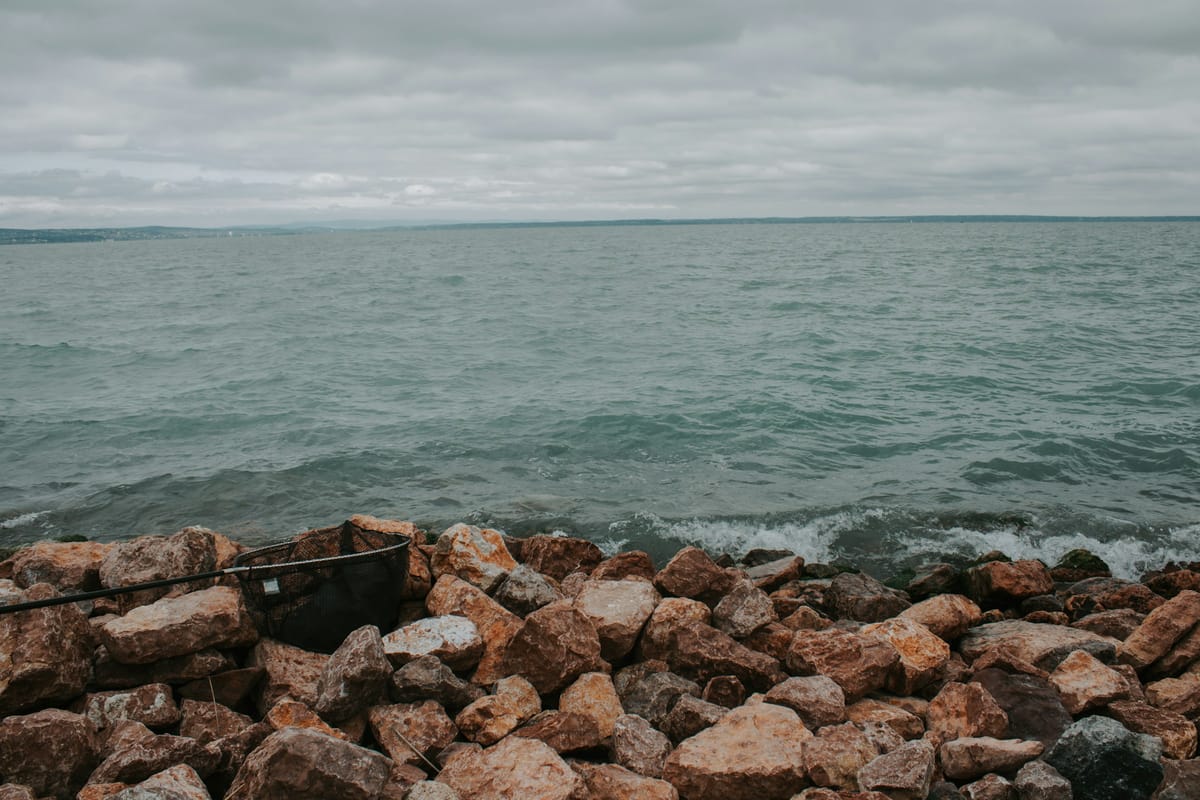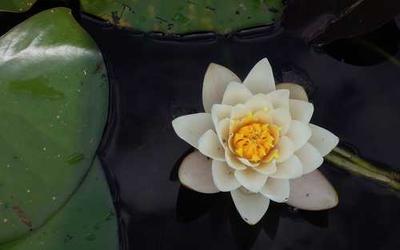🇭🇺 Hungary
Hungary Travel Guide - Local Insights & Authentic Experiences
2 destinations · Budget level 2
Overview
Hungary is a unique Central European nation with a distinct Magyar culture and language unrelated to neighboring countries. Life moves between grand cafés, countryside farmsteads, and riverside promenades where families gather for 'szalonna sütés' (bacon roasting) over open fire. The concept of 'vendégszeretet' (hospitality) means guests are sacred, whether you're welcomed into a puszta horse ranch near Hortobágy or a ruin pub in Budapest's VII district. Pride in Hungarian achievements in science, arts, and sports runs deep, with a bittersweet, poetic worldview echoing through folk songs and contemporary literature. Hungary boasts eight UNESCO World Heritage Sites ranging from Budapest's stunning Danube panorama to the historic Tokaj wine region.
Travel tips
Thermal Bath Etiquette: Follow posted hygiene rules, bring flip-flops and a towel, and book cave-bath slots in advance in Miskolc-Tapolca. Discover the complete Budapest thermal bath culture for insider tips on the capital's famous spa scene. Danube Bend Day Trips: Regional trains from Budapest to Visegrád and Esztergom take under 90 minutes—combine with Danube ferry hops for a slower pace. Wine Culture: Visit family-run 'pincék' in Tokaj or Villány; call ahead and bring cash for tastings. Ruin Pub Know-How: Expect reusable cup deposits and mostly contactless payment in Budapest's ruin bars. Formal Address: Use formal 'Ön' with strangers and elders, but switch to first names if invited to share pálinka.
Cultural insights
Hungarian society values education, intellectual discourse, and cultural achievements. 'Pessimistic realism' is a cultural trait—Hungarians often expect the worst but are pleasantly surprised, a worldview shared with neighboring Czech beer culture and Bohemian spirit. Family Sunday lunches and summer evenings spent grilling 'szalonna' over campfires bind generations, while winter brings 'Busójárás' in Mohács, a masked carnival banishing cold spirits. Thermal bath culture is social—locals meet friends and even conduct business in steaming waters. Rural traditions thrive in Hortobágy's horse shows and in the lavender fields of Tihany, all reinforcing a national pride centered on language, inventions, and the ability to stay distinct in the heart of Europe.
Best time to visit
Spring (April-May): Pleasant weather, blooming countryside, cherry blossoms along the Danube Bend, temperatures 12-22°C. Summer (June-August): Lake Balaton sailing, Sziget Festival, and lavender harvest in Tihany, temperatures 18-28°C. Autumn (September-October): Tokaj and Villány grape harvests ('szüret') with cellar feasts, golden beech forests, temperatures 10-20°C. Winter (November-March): Busójárás carnival in Mohács, thermal baths feel magical in the cold, Advent markets sparkle, temperatures -2-8°C.
Getting around
Public Transport: BKK in Budapest with metro, buses, trams—grab a 24- or 72-hour pass for unlimited rides. Trains: MÁV intercity lines reach Pécs, Debrecen, and the Danube Bend; reserve seats for weekends. Buses: Volánbusz connects spa towns and national parks, with discount day passes for Lake Balaton loops. Car Rental: Ideal for Hortobágy, Őrség National Park, and winery-hopping—remember the highway vignette. Walking & Cycling: Cities are compact; Balaton's lakeside cycle path and the Pilis hiking network offer superb slow travel routes.
Budget guidance
Budget Travel (€25-45/day): Hostels €12-25, goulash at market buffets €3-8, public transport €3-5/day, free Danube Bend hikes. Mid-Range (€45-80/day): Boutique guesthouses €40-70, cellar tastings with snacks €10-20, cave-bath entry €12-18, guided puszta shows. Luxury (€80+/day): Design hotels €90-220+, chef-led wine dinners €40-80+, private Balaton sailing, spa suites in historic baths. Hungary remains great value compared to Western Europe.
Language
Hungarian (Magyar) is unrelated to any neighboring language—extremely unique and challenging. Essential phrases: 'Kérem' (please), 'Köszönöm' (thank you), 'Elnézést' (excuse me), 'Egészségedre!' (cheers), 'Beszél angolul?' (Do you speak English?). English common among younger people in Budapest, while German helps near the Austrian border. Any attempt at Hungarian earns instant smiles and sometimes homemade pálinka.
Safety
Hungary is very safe with low crime rates. Watch for pickpockets in tourist areas of Budapest, especially on crowded trams and at ruin pubs late at night. Thermal baths require strict hygiene—shower before entering and obey temperature limits. Rural roads can be dimly lit; use headlights even during the day. Don't discuss sensitive historical topics (1956 uprising, Trianon Treaty) unless invited. Emergency numbers: 112 (general), 104 (ambulance). Tap water excellent quality. Pharmacies (gyógyszertár) widely available.
Money & payments
Hungarian Forint (HUF) is the currency. Cards accepted in cities, but village guesthouses ('vendégház') and market stalls prefer cash. ATMs abundant in cities. Typical costs: Coffee 350-700 HUF, Chimney cake 1,000-1,800 HUF, Thermal bath entry 2,500-6,000 HUF, Danube Bend regional day pass 2,500 HUF, Mid-range hotel 12,000-22,000 HUF/night. Tipping 10-15% in restaurants expected.
Destinations in Hungary

Budapest, Central Europe
Budapest: Thermal Baths & Ruin Bars
Thermal Bath Etiquette: Locals take it seriously - no swimsuit in saunas, bring flip-flops, don't splash. Ruin Bar Reality: Szimpla Kert is tourist central, …

Lake Balaton, Central Europe
Lake Balaton: Hungary's Sea of Wine, Waves & Thermal Waters
Zero-Tolerance Driving Law: Hungary enforces absolute zero-tolerance for alcohol while driving -- any detectable level means fines of 6,500-200,000 HUF and d…
